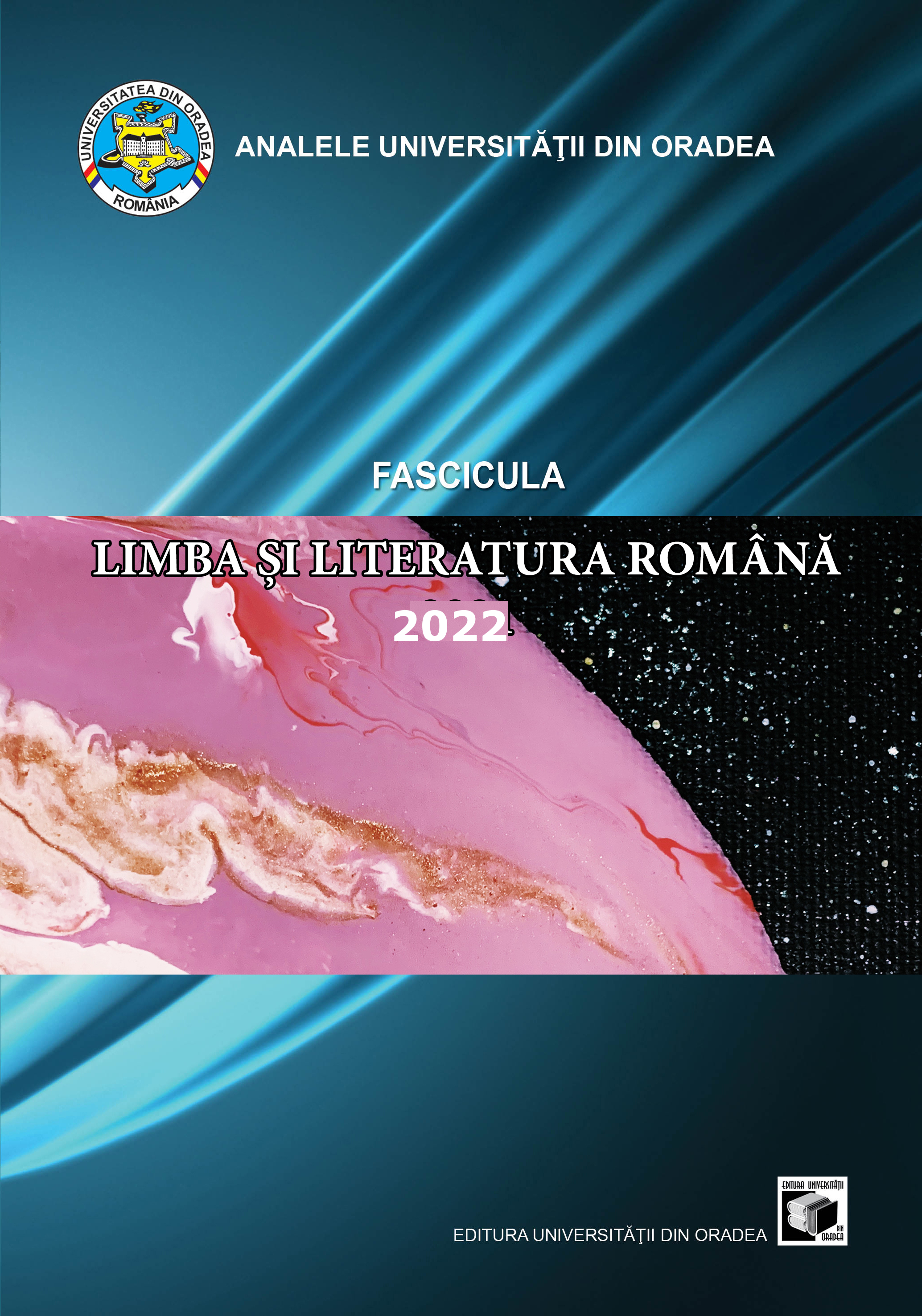OBJECTIVE AND SUBJECTIVE SPACES IN THE LOVE POETRY OF AMY LEVY
OBJECTIVE AND SUBJECTIVE SPACES IN THE LOVE POETRY OF AMY LEVY
Author(s): Éva SzékelySubject(s): British Literature
Published by: Editura Universitatii din Oradea
Keywords: love poetry; troubadour; Amy Levy; objective; subjective; spatial imagery; queer;
Summary/Abstract: As an Anglo-Jew with ambivalent views regarding her Jewish heritage, a free-thinking New Woman writer, and platonic lesbian, late Victorian authoress Amy Levy is the epitome of the outsider. Keenly aware of the judgment of Victorian society as well as having suffered the pangs of rejection multiple times, Levy portrays love essentially as a binary experience since it incites both joy and pain. Her meditations on the duality of love focus especially on visual contemplation of beauty as the incentive of love, while the unrequited desire to possess the beloved’s physical beauty, a desire deemed unacceptable by Victorian society, leads the lover to an obsession with the beloved. This article deals with the problem of objectivity and subjectivity in the love poetry of Amy Levy as reflective of the poetess’ ambivalent attitude towards romantic love. The main contention is that in these poems, we can isolate an objective space, which correlates roughly, with Gaston Bachelard’s “dehors” and a subjective space (a space of subjective values), which is more or less the equivalent of Bachelard’s “dedans”. In Levy’s poems, the “dehors” is presented by the evocation of the outside world and of those elements (society, social events, social conventions, etc.) that are part of it. The “dedans” is the evocation of the inner world of the speaker and her subjective imaginings.
Journal: Analele Universităţii din Oradea Fascicula Limba si Literatura Română (ALLRO)
- Issue Year: 29/2022
- Issue No: 1
- Page Range: 32-40
- Page Count: 9
- Language: English
- Content File-PDF

